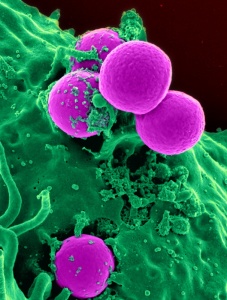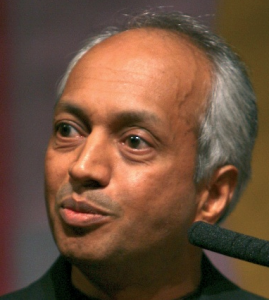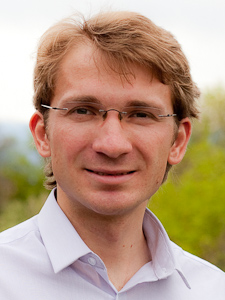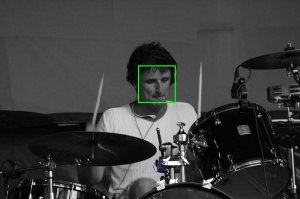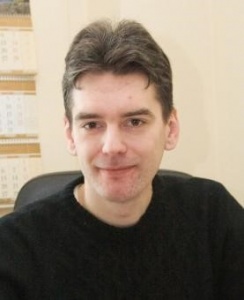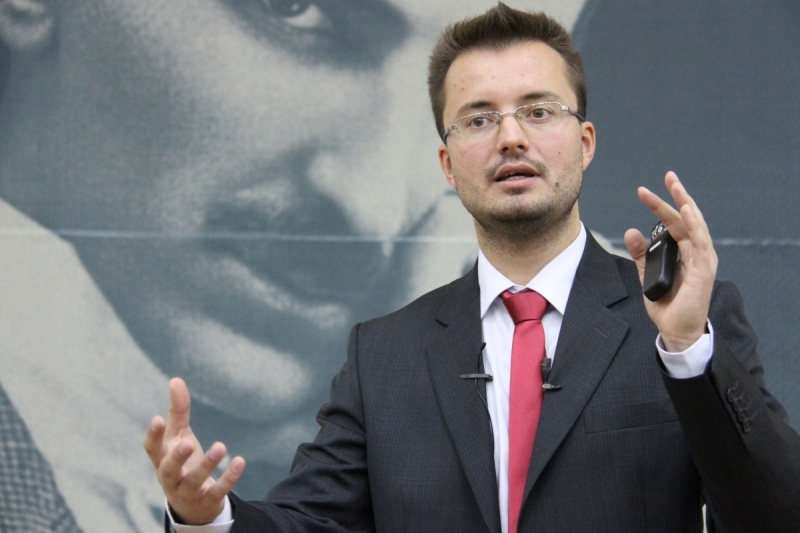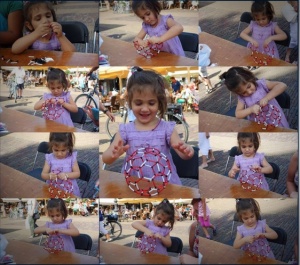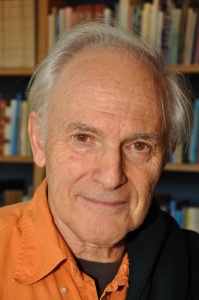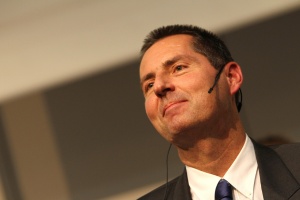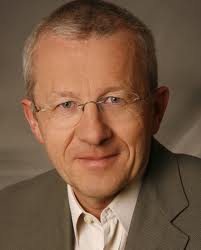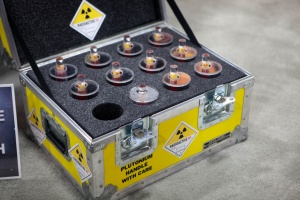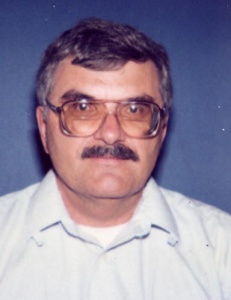The immune system is a complex, fascinating machine that keeps our bodies safe against external and internal enemies. Can we find new ways to harness the molecules it deploys to treat infectious diseases or autoimmune and inflammatory conditions? Prof. Srinivas Kaveri , our guest lecturer at the Skoltech seminar, has a few answers to this life and death question.
When: August 28, 2014 13.30 – 15.00
Where: Beijing-1 Auditorium, China cluster, Skolkovo School of Management
SEMINAR ABSTRACT:
Everyday, in our body, millions of cells take birth, communicate with each other, generate many substances and sometimes die. All this is done to ensure the maintenance of the homeostasis of the organism. Some of these cells have an important task – that of sentinels. The immune system through its cells and molecules protects the host against infectious pathogens (bacteria, virus, fungus, parasites) and unwanted internal invasion, such as emergence of cancers, at the same time ensuring that it does not attack the self tissues and organs.
Despite this powerful check, some pathogens can cause serious infections by escaping the immune surveillance. What strategies do these pathogens use to escape the immune surveillance?
The same system of sentinel sometimes is dysregulated and turns out to become aggressive against our own organs – leading to most dreadful autoimmune diseases such as diabetes, arthritis, hepatitis, multiple sclerosis. What are the causes for this dysregulation? How can one harness the very molecules of the immune system to treat infectious diseases or autoimmune and inflammatory conditions?
SPEAKER INTRODUCTION:
Srinivas Kaveri received his basic formation in Veterinary Medicine in Bangalore India, and Ph.D. at the Pasteur Institute, Paris. He carried out post-doctoral research training with Professor Heinz Kohler at IDEC pharmaceuticals and University of California, San Diego, USA
Currently, Srinivas Kaveri is leading a research team at the Centre de Recherche des Cordeliers University of Pierre et Marie Curie, Paris. His team has been involved with the basic and applied aspects of research on immunopathology and immunotherapy. His research interests include: i) host-pathogen interactions, ii) exploiting the therapeutic potential of antibodies in the treatment of autoimmune and inflammatory disease, and iii) immunogenicity of therapeutics molecules such as Factor VIII.
* The Skolkovo Institute of Science and Technology (Skoltech) is a private graduate research university in Skolkovo, Russia, a suburb of Moscow. Established in 2011 in collaboration with MIT, Skoltech educates global leaders in innovation, advance scientific knowledge, and foster new technologies to address critical issues facing Russia and the world. Applying international research and educational models, the university integrates the best Russian scientific traditions with twenty-first century entrepreneurship and innovation.
